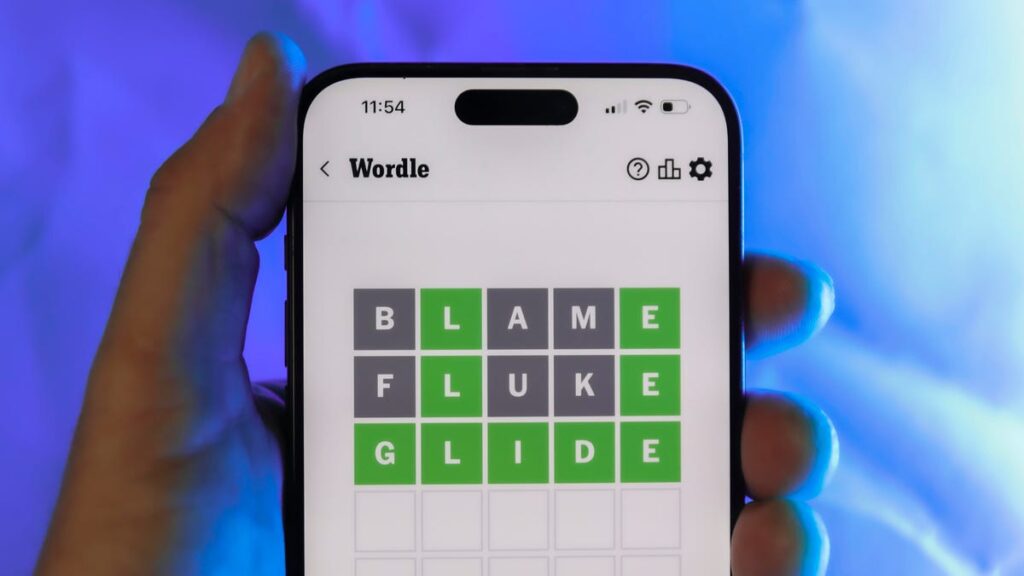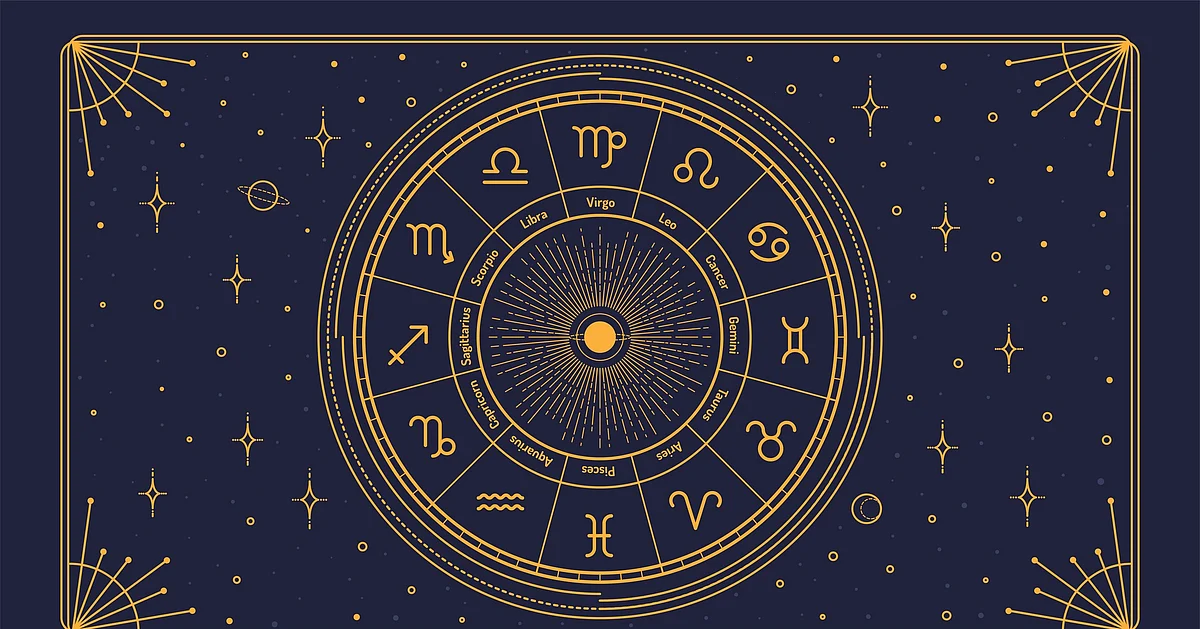
Fans of the popular online puzzle game Wordle were met with a particularly challenging task on August 21, as the puzzle featured a word containing a rarely used letter. The New York Times, which now hosts the game, released Wordle #1524, leaving many players scratching their heads.
Wordle enthusiasts often look for hints and strategies to tackle these daily puzzles, and today’s challenge was no exception. The word of the day, “EXTOL,” not only included a rare letter but also proved to be a less commonly used word in everyday language. This has sparked discussions among players about the increasing difficulty of the game.
Understanding Today’s Puzzle
The puzzle presented several hints to aid players. Firstly, it was revealed that the word does not contain any repeated letters, a crucial clue for those attempting to eliminate possibilities. Additionally, the word contains two vowels, begins with the letter ‘E’, and includes one of the least-used letters in the English language. The final clue provided was the word’s meaning: to praise enthusiastically.
These hints led to the answer “EXTOL,” a word that, while not commonly used in casual conversation, is recognized in more formal contexts. The challenge of the puzzle lay in the inclusion of the letter ‘X’, a letter infrequently seen in English vocabulary.
The Rise of Wordle’s Popularity
Wordle has become a global phenomenon since its inception, captivating millions with its simple yet addictive format. The game requires players to guess a five-letter word within six attempts, using feedback from each guess to hone in on the correct answer. The New York Times acquired Wordle in early 2022, integrating it into their suite of puzzles, which includes the Mini Crossword, Connections, and Strands.
Experts suggest that the game’s appeal lies in its simplicity and the daily challenge it offers. “Wordle taps into our innate love for word games and puzzles,” says Dr. Emily Harper, a cognitive psychologist specializing in game design. “It provides a quick mental workout and a sense of accomplishment when you solve the puzzle.”
Historical Parallels in Puzzle Games
The allure of word puzzles is not new. Historically, games like crosswords and anagrams have entertained and educated people for generations. The crossword puzzle, for instance, first appeared in the New York World newspaper in 1913 and has since become a staple in newspapers worldwide.
Wordle’s format, while innovative, draws on these historical roots, offering a modern twist on traditional word games. The daily nature of the challenge and the ability to share results with friends have only added to its widespread popularity.
Looking Ahead: The Future of Wordle
As Wordle continues to evolve, players can expect more challenging puzzles that test their vocabulary and problem-solving skills. The inclusion of rare words and letters keeps the game fresh and engaging, ensuring that it remains a staple for word game enthusiasts.
For those struggling with today’s puzzle, experts recommend expanding one’s vocabulary and practicing with other word games to improve. “The key to mastering Wordle is exposure,” Dr. Harper advises. “The more words you know, the better you’ll become at spotting patterns and making educated guesses.”
As the game progresses, its community of players grows, sharing strategies and celebrating victories. Whether you’re a seasoned player or a newcomer, Wordle continues to offer a daily dose of fun and challenge.







